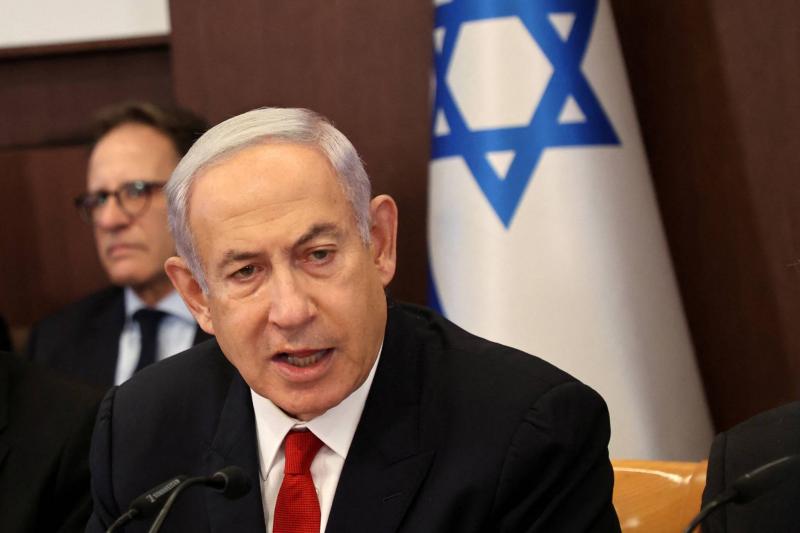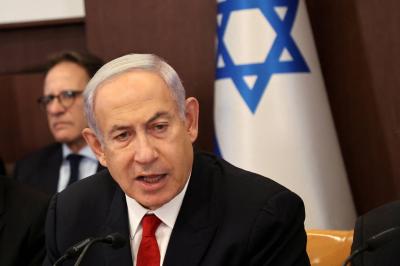The Israeli Knesset granted provisional approval on Monday evening to a bill that limits some of the Supreme Court's powers as part of proposed judicial changes pushed by Prime Minister Benjamin Netanyahu amidst a major political crisis in the country. The plan to introduce amendments to the judiciary laws, proposed by the ruling coalition of nationalist and religious parties led by Netanyahu, has sparked unprecedented protests in Israel and raised concerns among Western allies about the integrity of democracy in the country, adversely affecting the economy.
The ruling coalition holds 64 of the 120 seats in the Knesset and won the first of three required votes to pass the new bill into law. Protests are expected to intensify if this occurs. The new bill aims to restrict the Supreme Court's authority to overturn decisions made by the government, ministers, and elected officials. The bill will now undergo further discussion and may be amended before the final vote.
Critics argue that judicial oversight helps prevent corruption and abuse of power, while supporters claim that the amendments will facilitate effective governance by limiting the court's intervention in decisions. Netanyahu, in a video statement released at sunset as the Knesset began discussing the bill, stated, "This is not the end of democracy; it strengthens democracy." He added, "Even after the amendments, the independence of the court and civil rights in Israel will not be harmed in any way. The court will continue to oversee the legality of government procedures and appointments."
His statement had little effect in calming the opponents of the amendments. The roar of protesters could be heard gathering outside the Supreme Court before marching to the Knesset, near the Bank of Israel, after its governor, Amir Yaron, urged the government to seek broad consensus regarding the judicial amendments to protect institutional independence. Yaron told reporters, "The continued state of uncertainty has a significant economic cost," referring to a drop in the value of the shekel and weak performance in the Israeli stock market.
Netanyahu, who is on trial for corruption charges he denies, hinted that his patience was wearing thin regarding the renewed protests, as opponents pledged to organize demonstrations across Israel on Tuesday, including one at Ben Gurion Airport if the Knesset approved the judicial amendment bill in the first vote.
Divisions over judicial amendments have created rifts within Israeli society. Netanyahu had suspended plans to pass the amendments to hold talks with the opposition to reach a consensus, facilitated by Israeli President Isaac Herzog, but talks stalled last month, leading the coalition to resume efforts to pass the bill. Herzog urged both sides to resume negotiations to resolve "the fundamental issues that are tearing us apart."




